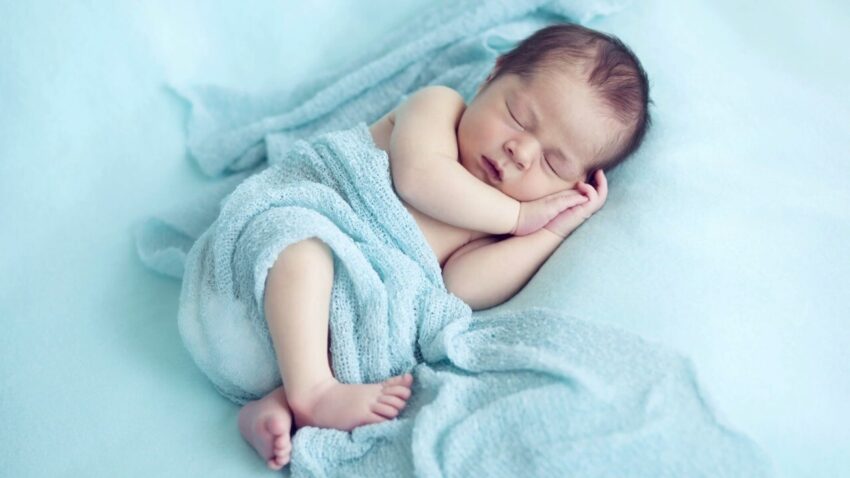Circumcision Sydney is a safe and effective procedure for most children. It can prevent certain penis conditions like phimosis and paraphimosis, in which the foreskin gets stuck behind the tip of the penis.
Circumcision is often plagued with bleeding in the first few days after surgery.
Preparation
Men who wish to have Circumcision Melbourne should prepare by taking a good bath or shower and paying special attention to their genitals.
Additionally, you should carefully retract your foreskin and clean beneath it. Empty both of your bowels and bladder prior to the operation as this will assist the local anaesthetic in working effectively.
Your doctor will numb your penis during the procedure by injecting medicine into the base or applying topical cream. This helps minimize pain during and any discomfort experienced afterward.
Circumcision can occasionally result in a small amount of yellow secretion at the tip of the penis. This is usually harmless and will eventually disappear as the area heals.
The day of the procedure
Circumcision is a medical procedure that removes the foreskin from a baby’s penis. Traditionally, this was done for religious reasons but today can also be performed for health reasons.
During the procedure, your child will be placed in a restraint and an anesthetic (an injection or topical cream) administered. This will reduce pain for your little one and enable the process to move along more quickly.
Once your baby is fully numb, the doctor will cleanse the area surrounding the penis and use a clamp to stop bleeding. The foreskin is then carefully scraped off with a scalpel; then ointment is applied for protection before wrapping securely with gauze.
At first, the tip of your penis may feel sore and red; however, this should fade away within 7 to 10 days. If you have any doubts, speak to your doctor.
Post-operative care
Circumcision aftercare is essential to help your child heal properly, including keeping the wound clean and using disinfectant cream to prevent infection.
This will cause the area to swell and appear red or sore; however, this is usually temporary and should go away within a few days.
Your doctor may give you acetaminophen to ease any pain after the procedure. You can also use a pacifier or swaddle your baby for extra comfort.
It is essential to change your baby’s diaper frequently during the first few days after circumcision. Additionally, try using a soft cloth such as a washcloth over the operated area with each diaper change.
Your doctor should have provided you with instructions on how to care for your baby at home after their circumcision. These are vitally important in aiding in your son’s healing and recovery process. Keeping his penis clean is especially essential; this can be achieved by gently washing it with warm water or soapy water if required.
Aftercare
Circumcision is a commonly performed on newborn babies, but it’s also possible for adults to undergo the surgery for religious, cosmetic or medical reasons. Similar to infants, adults will typically receive their circumcision under anesthesia at a hospital setting.
Circumcision for most people is a painless procedure. However, you may need to take an acetaminophen (Tylenol) for some time after the operation in order to reduce any postoperative discomfort.
After being cut, the area of the penis that was exposed will be swollen and bruised, as well as covered in petroleum jelly and gauze from the procedure.
After your baby’s circumcision, use warm water and a soapy solution to keep their penis clean. If there is still a dressing on the surgery site, make sure it gets changed with each diaper change.
After a day or two, contact your doctor if your baby’s bleeding hasn’t stopped after two or more days. Prolonged bleeding that won’t stop is not normal and could indicate an infection.
